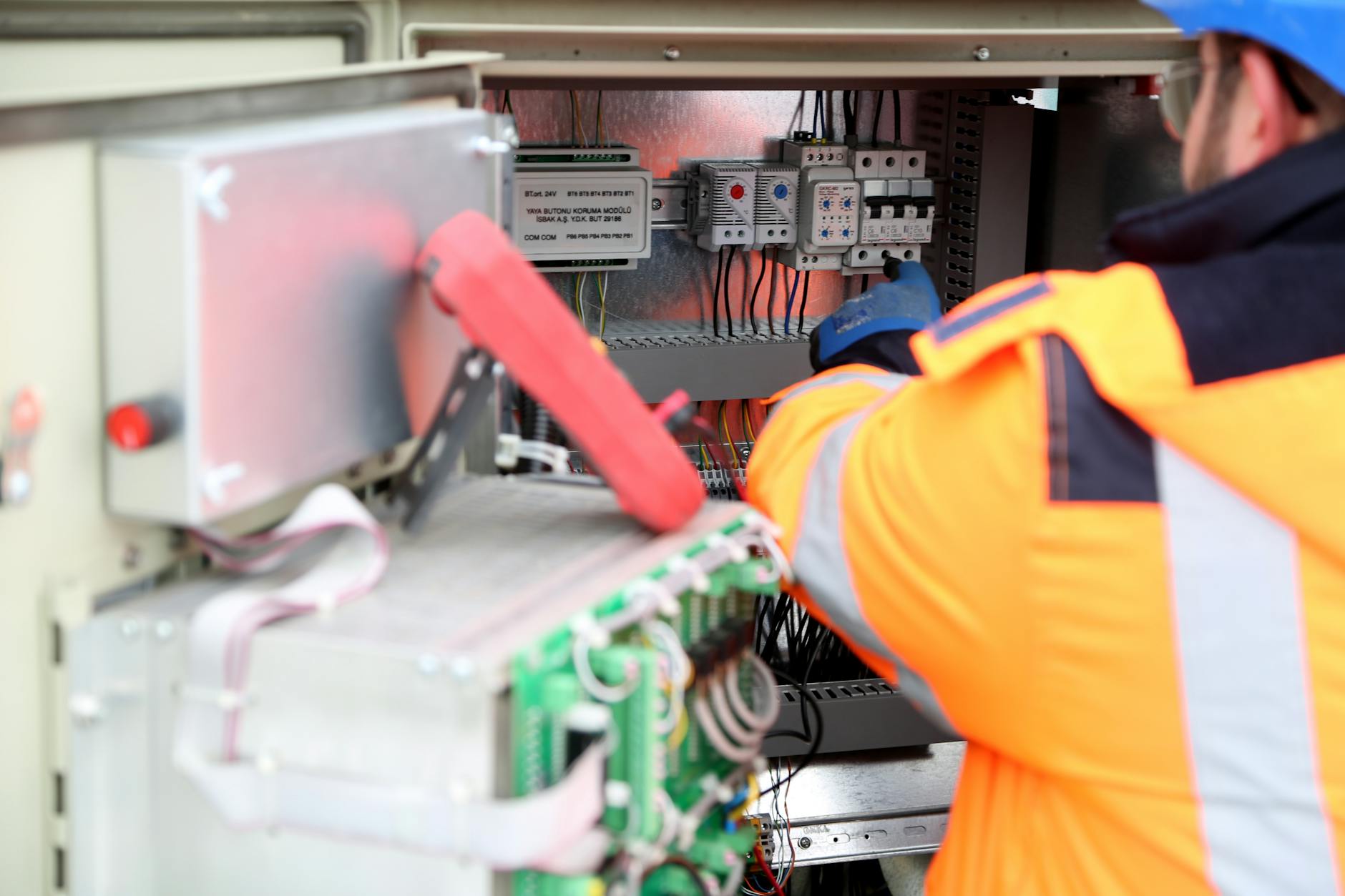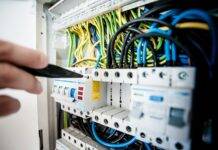
6 Golden Rules of Electrical Safety
Electricity powers our modern world, but it also poses significant risks if not handled with care. From the humble light switch to the complex wiring in our homes and workplaces, electrical safety is paramount to prevent accidents and protect lives. In this article, we’ll delve into the six golden rules of electrical safety, guiding you on how to stay safe while using electricity.
Rule 1: Inspect Electrical Cords Regularly
One of the fundamental aspects of electrical safety is to inspect electrical cords regularly. Over time, cords can wear out, leading to frays, cuts, or exposed wires. These defects increase the risk of electrical shocks and fires. To mitigate these risks, make it a habit to check your electrical cords for any signs of damage. If you notice any issues, promptly replace the cord to avoid potential hazards.
Rule 2: Avoid Overloading Circuits
Understanding the capacity of electrical circuits is crucial to prevent overloading. Overloading occurs when too many devices are plugged into a single circuit, exceeding its intended capacity. This can lead to overheating and electrical fires. To prevent overloading, distribute your electrical devices across multiple outlets or use power strips and surge protectors strategically. Be mindful of the power demands of your appliances and avoid plugging multiple high-power devices into the same circuit simultaneously.
Rule 3: Keep Water Away from Electrical Sources
Water and electricity don’t mix well. Exposing electrical sources to water can result in electrical shocks and short circuits, leading to potentially fatal accidents. Whether it’s in the kitchen, bathroom, or outdoor areas, always exercise caution around electrical appliances and outlets. Install ground fault circuit interrupters (GFCIs) in areas where water is present to provide added protection against electrical hazards.
Rule 4: Unplug Appliances When Not in Use
Leaving appliances plugged in when not in use not only wastes energy but also increases the risk of electrical fires. Unplugging appliances when they’re not in use not only saves electricity but also eliminates the possibility of electrical faults or malfunctions causing accidents. Get into the habit of unplugging devices such as toasters, coffee makers, and chargers when they’re not actively being used to enhance electrical safety in your home.
Rule 5: Use Ground Fault Circuit Interrupters (GFCIs)
Ground fault circuit interrupters (GFCIs) are lifesaving devices that provide an extra layer of protection against electrical shocks. They work by quickly shutting off power when they detect a ground fault, preventing potential electrocution incidents. Install GFCIs in areas where electrical outlets are in close proximity to water sources, such as kitchens, bathrooms, and outdoor spaces. Regularly test GFCIs to ensure they are functioning correctly.
Rule 6: Hire a Professional for Electrical Work
When it comes to electrical work, safety should always be the top priority. DIY electrical projects may seem like a cost-effective solution, but they can pose serious risks if not done correctly. Electrical work requires specialized knowledge and skills to ensure compliance with safety standards and regulations. Hiring a qualified electrician for installations, repairs, and maintenance tasks ensures the job is done safely and efficiently, reducing the risk of accidents and ensuring the longevity of your electrical systems.
Conclusion
Electrical safety is not something to be taken lightly. By following the six golden rules outlined in this article, you can minimize the risk of electrical hazards and create a safer environment for yourself and your loved ones. Remember to inspect electrical cords regularly, avoid overloading circuits, keep water away from electrical sources, unplug appliances when not in use, use ground fault circuit interrupters (GFCIs), and hire a professional for electrical work. Prioritizing electrical safety today can prevent accidents and save lives tomorrow.
Electrical Safety Rules in Industry
Electrical Grounding: Unraveling the Importance and Essential Techniques
Electrical Cord Management: Safeguarding Against Overloading and Tripping Hazards
FAQs About Electrical Safety
1. Why is electrical safety important? Electrical safety is essential to prevent accidents such as electric shocks, fires, and fatalities. It protects both individuals and property from the dangers associated with electricity.
2. How often should I inspect electrical cords? It’s recommended to inspect electrical cords regularly, at least once every few months, or more frequently if they are subject to heavy use or in high-traffic areas.
3. Can I use extension cords for permanent installations? Extension cords are not designed for permanent use. They should only be used temporarily and should never be concealed under carpets or rugs.
4. What should I do if I experience an electrical shock? If you experience an electrical shock, seek medical attention immediately, even if the shock seems minor. It’s essential to evaluate and treat any potential injuries.
5. Are GFCIs required by law? Building codes may vary, but GFCIs are often required by law in areas where water is present, such as kitchens, bathrooms, and outdoor spaces, to comply with electrical safety standards.
























